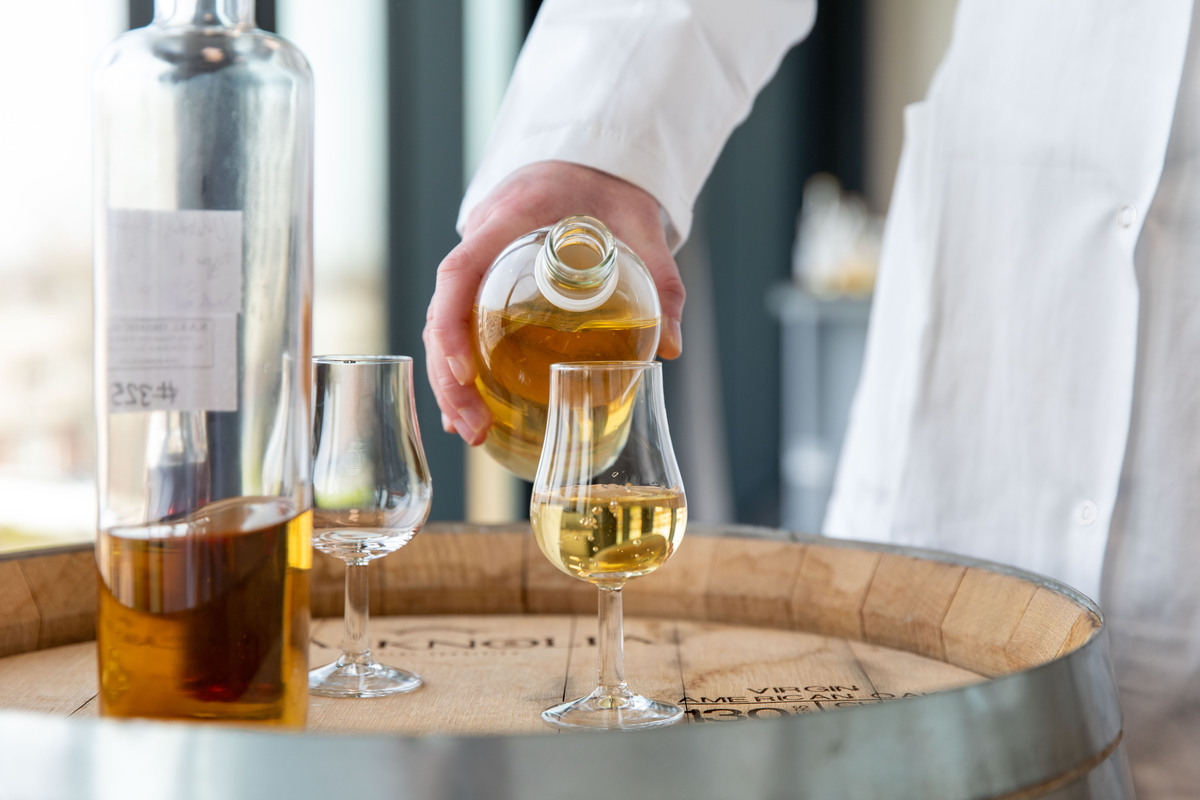A Brief Introduction to Organic Alcohols

There is a silent shift towards natural and organic materials that have fewer negative impacts on the planet and are better for humans. Organic alcohols are fast-growing since they offer a new perspective and possibilities in the manufacturing and processing industry.
In a nutshell, organic alcohols are simply alcohols that have been formulated from organic products like herbs, spices, roots, fruits, or flowers. They contain no harmful additives like pesticides, fertilizers, heavy metals, and other contaminants. They are healthier and quite versatile.
For instance, organic grain alcohol may be used to make cosmetics, other distillates, spirits, cosmetics, and pharmaceuticals. This piece covers the benefits and drawbacks of these organic alternatives.
The Benefits of Organic Alcohols
You might be wondering what the benefits of organic alcohol are. After all, alcohol is alcohol, right?
Well, not exactly, and here are some of their main benefits:
Organic Alcohols Are Versatile
When people hear about organic sugar cane alcohol, they mostly lean towards its beverage use, but alcohols go beyond just a feel-good drink. Organic alcohols are raw materials for other major beverages, cosmetics, perfumes, and medicines.
They are great at disinfecting and preserving, which is why they are so helpful. Their versatility is unmatched.
They Have Fewer Contaminants
Organic alcohols are made from renewable resources like corn, grains, and fruits. And what this means is that they have a lower carbon footprint than traditional alcohols. These produce items are also grown and cultivated using sustainable methods that impact the environment the least.
They Have The Least Side Effects
They're also free of harsh chemicals and toxins, which makes them gentle on your skin and hair when used in cosmetics. Some people even use them as a natural disinfectant at home or in the factory.
So if you're looking for alcohol that's eco-friendly and gentle on your body, organic alcohols are the way to go.
The Drawbacks of Organic Alcohols
Now that we've gone over the benefits of organic alcohols, let's briefly touch on the drawbacks.
First, they can be more expensive than standard alcohols due to the extra processing required to meet organic standards.
Secondly, because they're made from renewable resources, there can be concerns about their environmental impact.
And finally, some people believe that the taste of organic alcohols is different from that of standard alcohols, though this is subjective.
Conclusion
With so many different types of alcohol on the market, it can take time to decide which one to choose. If you're looking for a healthy option, organic alcohol is a great choice. Organic alcohol is made from natural ingredients, and it doesn't contain any synthetic chemicals.
Two types of organic alcohol are grain alcohol and sugar cane alcohol. Grain alcohol is made from fermented grains, and it's the type of alcohol that's found in most liquors. Sugar cane alcohol is made from fermented sugar cane, and it's often used in colognes and perfumes.
Both grain alcohol and sugar cane alcohol are safe for most people to consume, but they can cause networking problems for some people. If you're concerned about your health, talk to your doctor before drinking alcohol.







